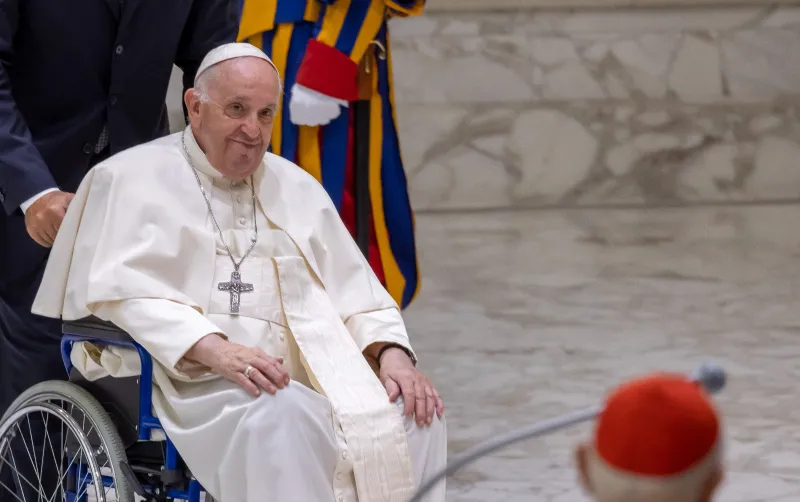
Rome Newsroom, Aug 24, 2022 / 07:37 am (CNA).
In a message Wednesday, Pope Francis warned against letting ideology influence the Church’s ordained and lay ministries, and said he plans to initiate a dialogue with bishops on the topic.
Francis’ reflection was published on Aug. 24 for the 50th anniversary of Saint Pope Paul VI’s motu proprio Ministeria quaedam, which updated norms for lectors and acolytes following the Second Vatican Council.
An instituted ministry is a type of formal, vocational service within the Catholic Church. It can be either lay, such as lector, acolyte, or catechist (added by Pope Francis in 2021), or ordained, such as deacon or priest.
In his Aug. 24 message, Pope Francis said, “every ministry is a call from God for the good of the community.”
The common good and the building up of community are the two foundations enabling “the Christian community to organize the variety of ministries that the Spirit prompts in relation to the concrete situation it experiences,” he said.
The organization of ministries, he continued, should not be merely functional but should be carried out in “community discernment” and in listening to the Holy Spirit.
He said: “Any ministerial structure that emerges from this discernment is dynamic, lively, and flexible like the action of the Spirit: it must be rooted in it ever more deeply lest dynamism become confusion, liveliness be reduced to extemporaneous improvisation, and flexibility be transformed into arbitrary and ideological adaptations.”
Saint Paul VI’s Ministeria quaedam “opened the door to the renewal of the experience of the ministry of the faithful,” Pope Francis said.
He recalled his contributions to Church law on the subject: The January 2021 motu proprio Spiritus Domini, which admitted women to the instituted ministries of lector and acolyte, and the May 2021 motu proprio Antiquum ministerium, which instituted the ministry of catechist.
“These two interventions should not be interpreted as an overcoming of previous doctrine,” he said, “but as a further development made possible because it is based on the same principles — consistent with the reflection of the Second Vatican Council — that inspired Ministeria quaedam.”
The pope said he wants to continue to deepen the Catholic Church’s reflection on the instituted ministries by initiating a dialogue with bishops’ conferences on the topic.
“In order to be able to listen to the voice of the Spirit and not halt the process — being careful not to want to force it by imposing choices that are the fruit of ideological visions — I believe that it is useful to share, all the more in the climate of the synodal journey, about the experiences of these years,” Francis said.
“They can offer valuable indications for arriving at a harmonious vision of the issue of the baptismal ministries,” he added, “and thus for continuing on our journey.”
If you value the news and views Catholic World Report provides, please consider donating to support our efforts. Your contribution will help us continue to make CWR available to all readers worldwide for free, without a subscription. Thank you for your generosity!
Click here for more information on donating to CWR. Click here to sign up for our newsletter.




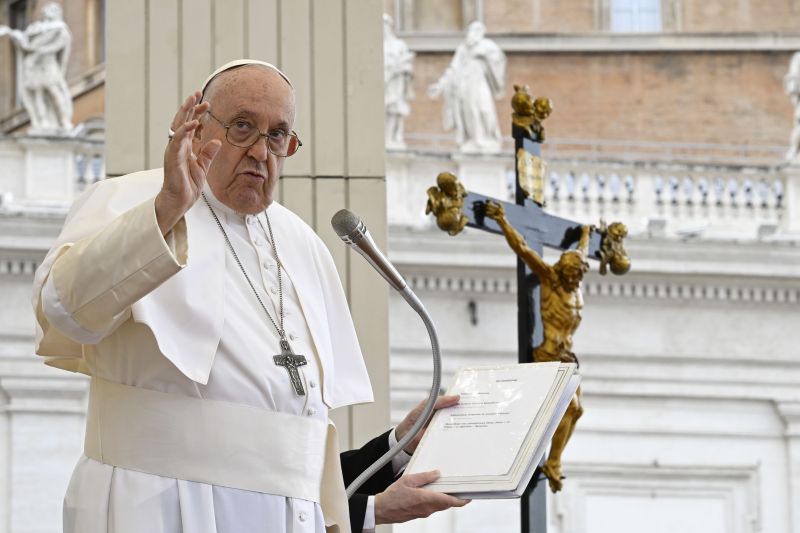
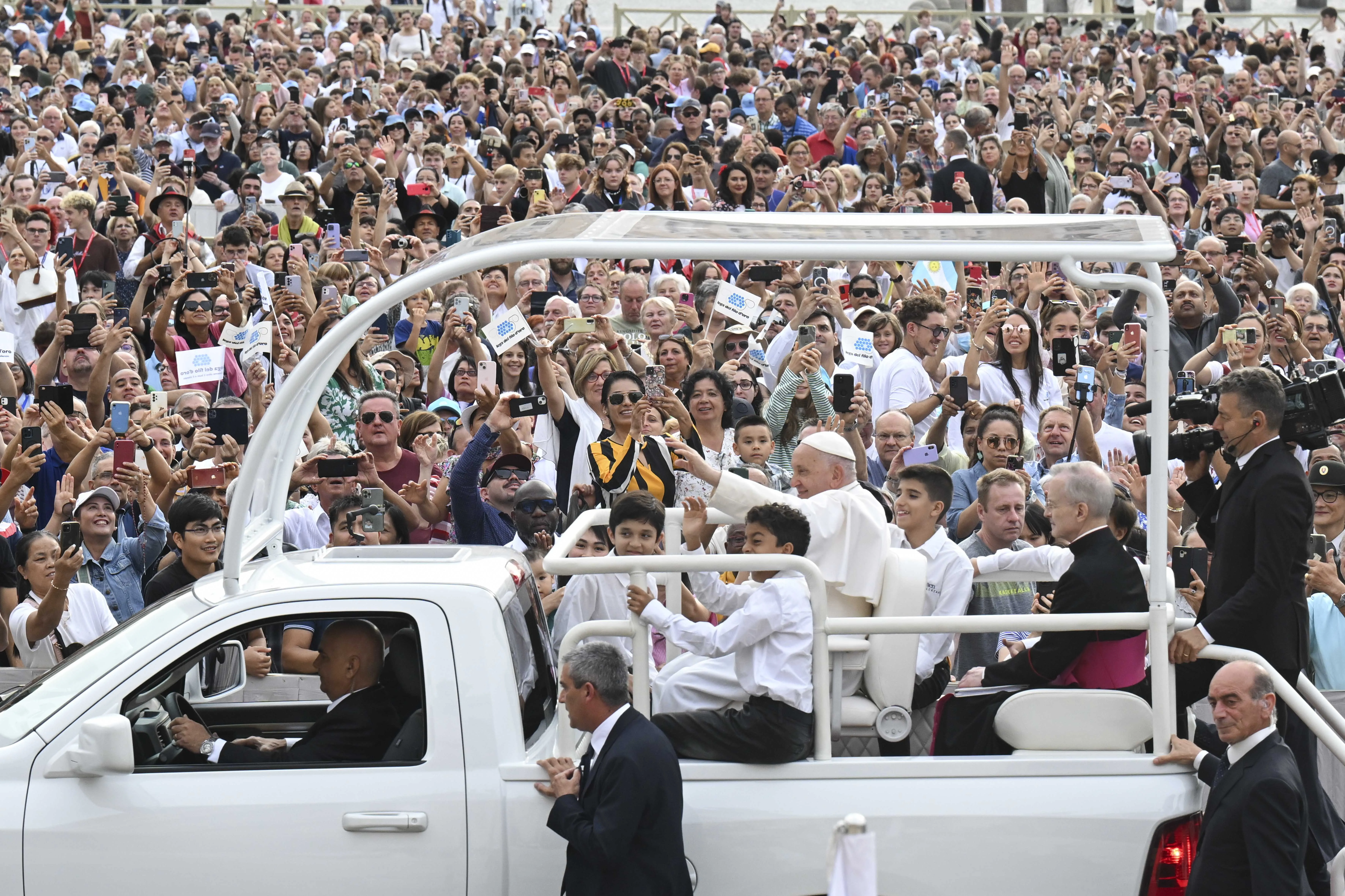
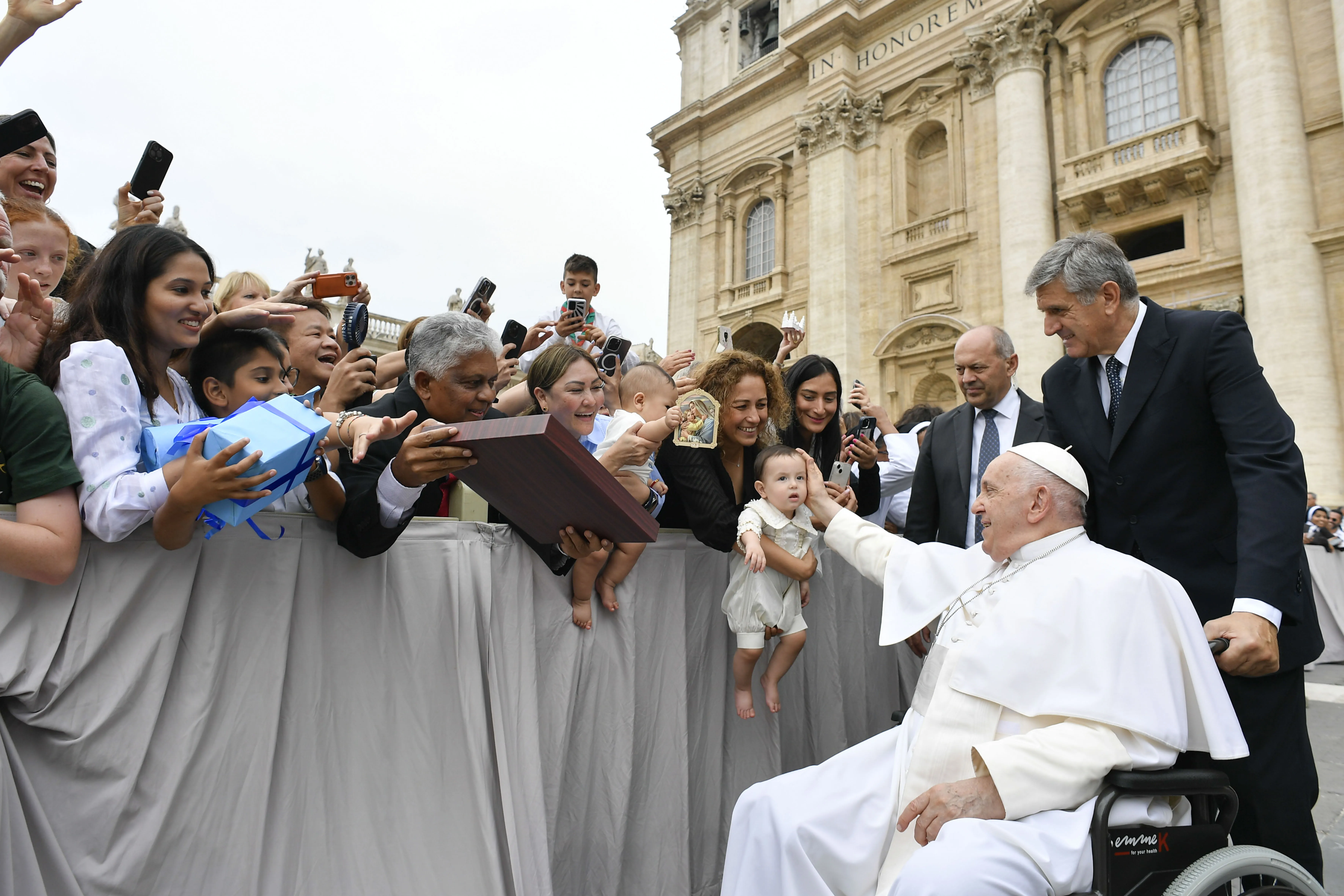
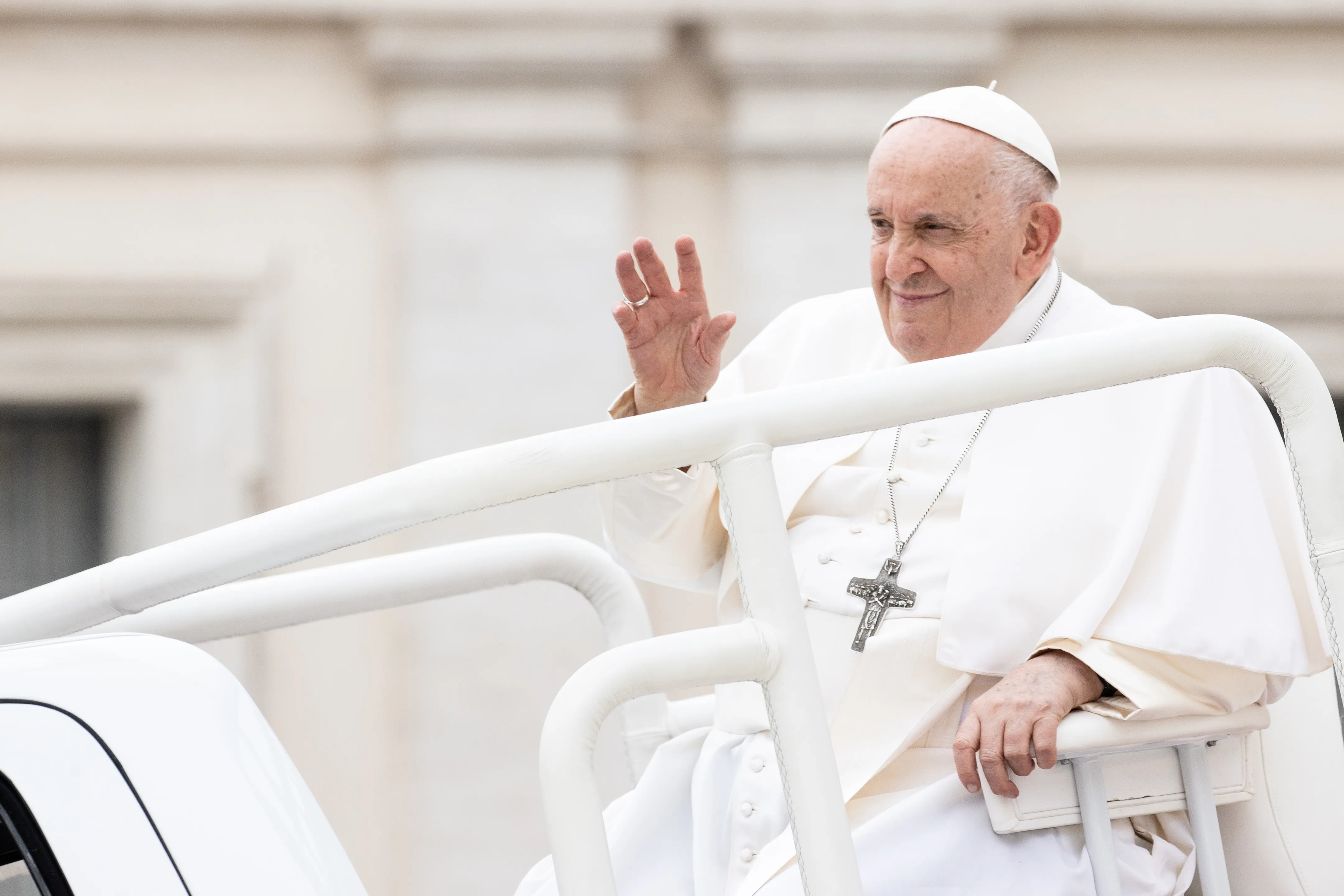
This could seem, at this point in time, to indicate 2 departures: away from 1. the example of Pope Benedict XVI’s letter concerning professed abortion politicians and 2. the apostolic ministry of individual bishops.
We read: “The pope said he wants to continue to deepen the Catholic Church’s reflection on the instituted ministries by initiating a dialogue with bishops’ conferences on the topic.”
Recalling, too, as simply an informative side note for the laity, the limited stature of bishops conferences vis a vis each individual ordained bishop as a successor of the apostles–“On the Theological and Juridical Nature of Episcopal Conference” (1998, e.g., nn. 20-24): https://www.vatican.va/content/john-paul-ii/en/motu_proprio/documents/hf_jp-ii_motu-proprio_22071998_apostolos-suos.html
On the table of dialogue, are we to learn that delivery of the homily at Mass by lay-catechists is part of the agenda? Whatever its theoretical ecclesial merits, at the practical level we thought that it was only COVID that depopulated the pews!